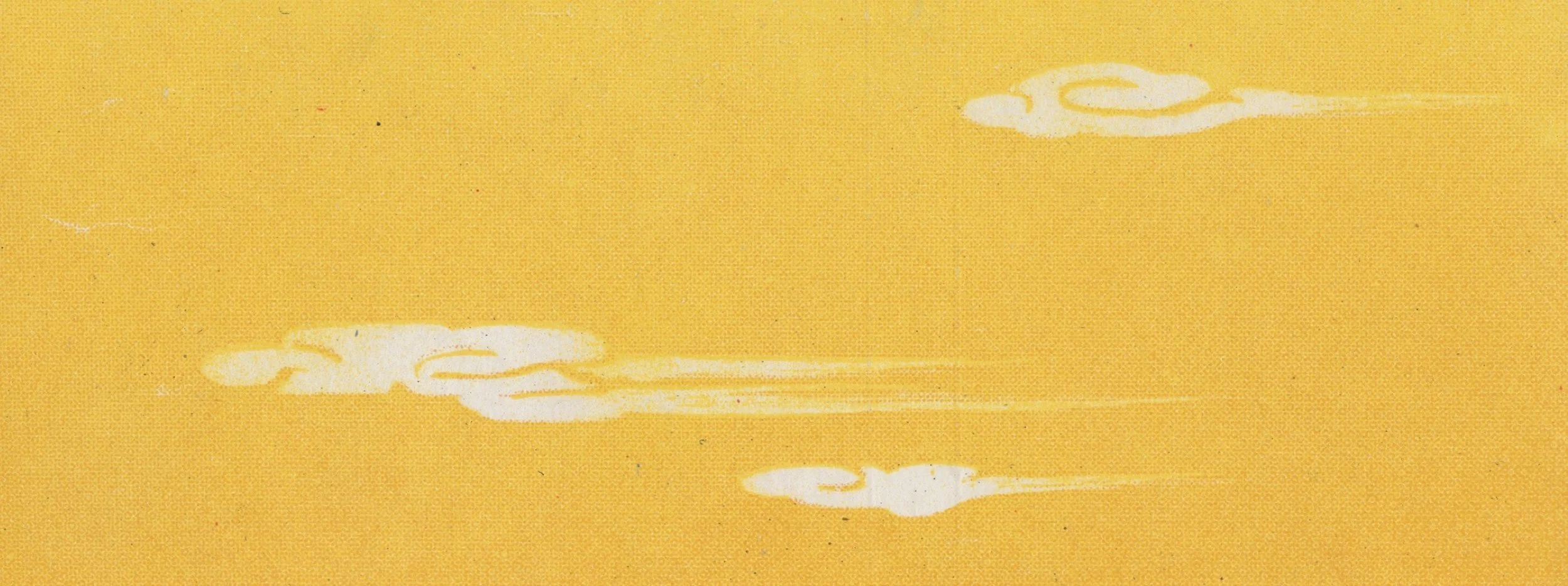Workshop Premise:
2018 Race and the Analytical Study of Religion
Friday, November 16, 2018, University of Denver, Denver, CO
“(The ideas) of Racecraft govern what goes with what and whom (sumptuarycodes), how different people must deal with each other (rituals of deference anddominance), where human kinship begins and ends (blood), and how Americanslook at themselves and each other (the gaze). These ideas do not exist purely inthe mind, or only in the mind. They are social facts - like six o’clock, both anidea and a reality. Because Racecraft exists this way, its constant remakingconstantly retreats from view. This, “now you see it, now you don’t” quality iswhat makes racism - the practice of a double standard based on ancestry -possible.”
Karen E. Fields and Barbara J Fields, “A Tour of Racecraft,” in Racecraft
“Evidence of the changing and inconsistent composition of racialized groups,and definitions of racial difference in the course of modern history, suggeststhat "race" must be recognized as at least as unstable, at least as contingent, assubject to the same historical contexts that have continually reproduced andreconstituted class, gender, and other social formations. Evidence for theinextricability of racial formation from other historical processes emerges in thefrequent observation that the "new racism" of the late nineteenth centuryaccompanied rising antisemitism, including pogroms, and the Dreyfus Affair,and enhanced class stratification in Europe. Yet how do we comprehend therelationship between race and other historical processes?”
Laura Tabili, “Race is a Relationship and Not a Thing.”
In its 8th annual workshop, SORAAAD asks, How do we design research and collectdata on race, the processes of racialization, and religion? How do we trace theirintersections with disability, gender, orientation, and class while also challenging theidea that race or phenotypic preoccupation is a universal mode of human aggregation?How do we rejoin attention to these issues along with different scales of social andpolitical aggregation and power? To address these issues and more, we are pleased toannounce that Rudy Busto, Kelly J. Baker, Karen E. Fields, Chloe Martinez, Jolyon B. Thomas, Jens Kreinath, Angela C. Sutton, Monique Moultrie, and Sarah Dees will sharetheir work and insights with regard to Race and: history, white supremacy, legalclassifications, Racecraft, Japanese culture, visual culture, the Slave Societies Database, womanist ethnography, and Indigenous religion.
SORAAAD asserts that all discussions of race, racialization, and religion necessarilyfactor into larger social scientific discussions regarding principles of representation andresponsible uses of evidence. At the same time we recognize that research on race andreligion needs to integrate other facets of human existence and modes of aggregation,such as politics, economics, culture, and organizations, and these at varied scales. Multiple disciplines are working now to decolonize themselves, and yet such effortsexist often alongside—and sometimes overlap with—others to defend empire. How dowe construct studies of race that are not trapped in narratives of white supremacy or the impacts of colonialism retrojected over time? And how do we construct studies of race and religion that capture these categories as discursive sites and constructiveprocesses?
SORAAAD is happy to host an alliance of scholars to discuss the state of differentinitiatives to correct public and scholarly understandings of race. Drawing on researchfrom across the humanities and social sciences, and noting also new advances in thedigital humanities that provide unprecedented access to primary sources, we asktogether: How do we revisit the data of human history?
- Ipsita Chatterjea, David Walker, and Jamel Velji for the SORAAAD workshopcommittee.
Sponsored by:
SORAAAD at the University of Regina
Religious Studies Department, University of Regina
Film, Media & Journalism Studies Department, University of DenverReligious Studies Department, University of Denver









